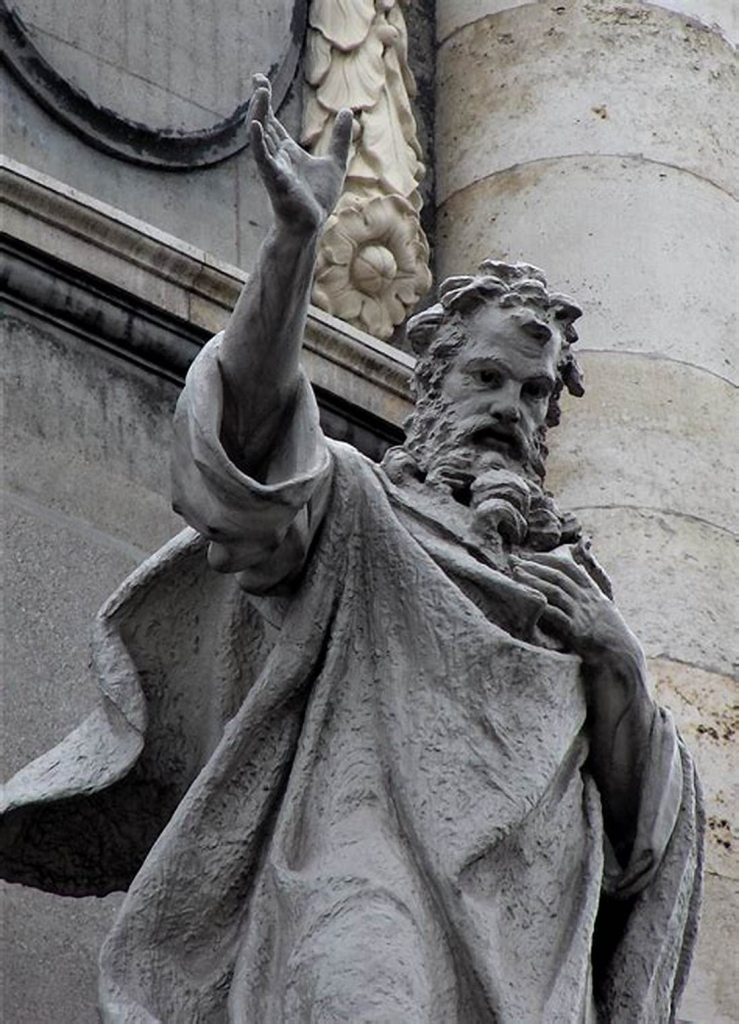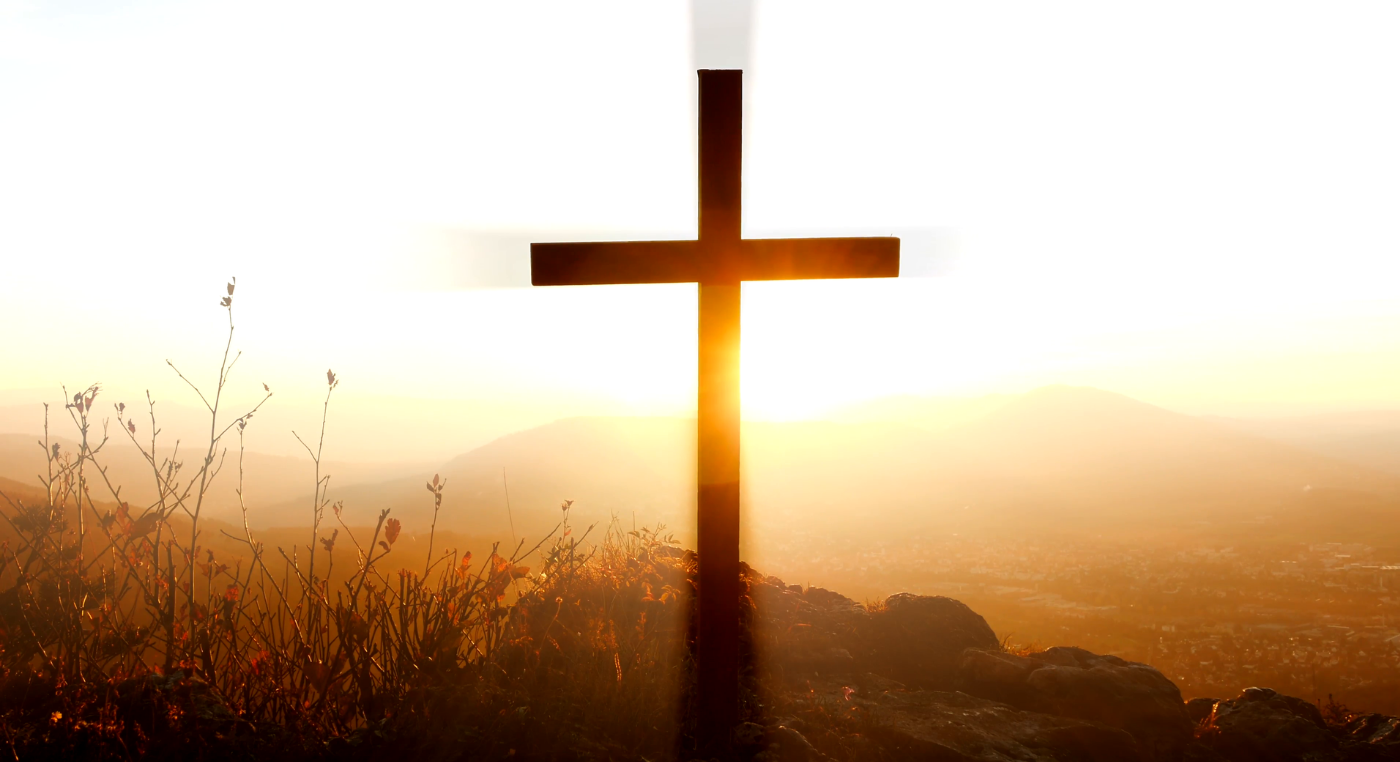My desire in this church history study is to teach you how the Holy Spirit moved over human history to build Christ’s Body and introduce you to the people He used along the way.
When the church began its westward movement it took deep root in Rome and then slowly moved toward France. One of the most prolific ancient Fathers, Bishop Irenaeus, ministered in Lyons and left a wealth of Christian writings. Irenaeus was firmly orthodox. He lived in a time (the second century) when false interpretations of Jesus were rampant. Not only did he defend the biblical Jesus and fight for authentic Christianity, but Irenaeus was instrumental in establishing the canon of scripture we know as the New Testament.
Canonicity means the collection of sacred writings which were accepted by the church as authoritative and true. Irenaeus argued for specific requirements in determining which writings would be included in the Christian manifesto: agreement with direct apostolic teaching, prophetic revelation, and early creedal statements. He eschewed fantasy and mythology, relying instead on eyewitness accounts of Jesus’ works and the works of His followers in the first century.
Irenaeus was a “third-generation” Christian. He was a disciple of Polycarp who was a disciple of John. He sat at the feet of the man who sat at the feet of the man who sat at the feet of the Lord Jesus. He endured fierce persecution in Lyons, taking the office of bishop after his predecessor’s death due to abuse. He was held in highest esteem by the churches of that era and lived up to his name as a peacemaker in an era of great doctrinal turmoil while still defending the orthodox Christian teaching against Gnostic heresies. Irenaeus argued that salvation had nothing to do with intellect or secret knowledge but was solely rooted in the work of Jesus.
By the end of the third century, the church had moved into Spain and Britain, then headed south into North Africa where Christianity was well-received and fruitful. North African churches were the first Latin-speaking churches in the world. Just west of Egypt was the town of Cyrene. The man who was drafted to carry Jesus’ cross was Simon of Cyrene (see Mark 15:21). It is almost certain that Simon became a believer and returned home to share the gospel. Simon’s son, Rufus was highlighted in Paul’s list of fellow Christians in Romans 16. By the end of the third century, the vast Roman empire was replete with gospel proclaimers.
What does that mean for you and me in the twenty-first-century church? Just that the seeds of the gospel were planted some two thousand years ago and they are still growing and still producing fruit for the Kingdom of God. When you and I tell the old, old story, Beloved, we are standing on the fields where Irenaeus and others went before.










